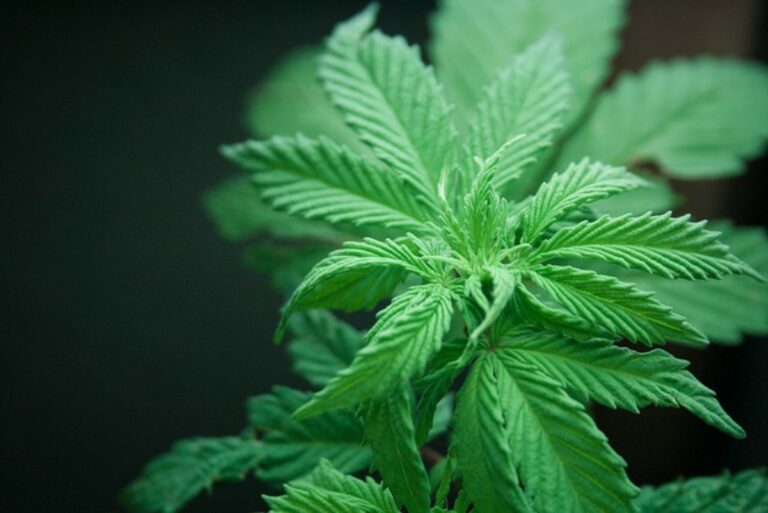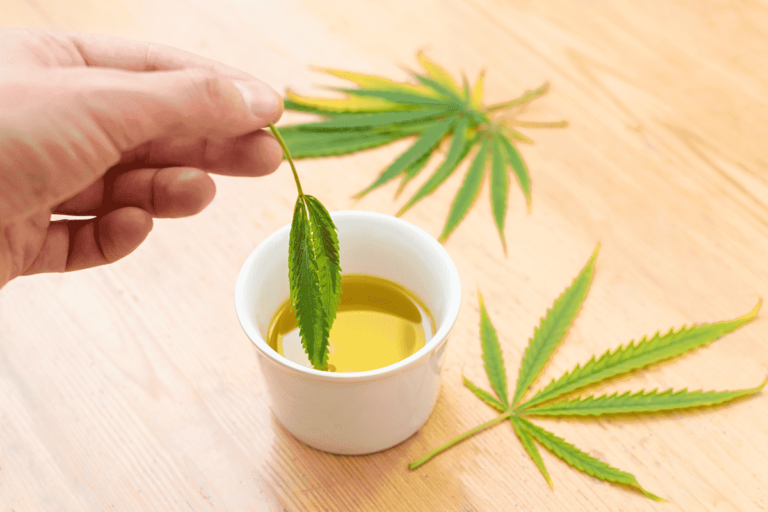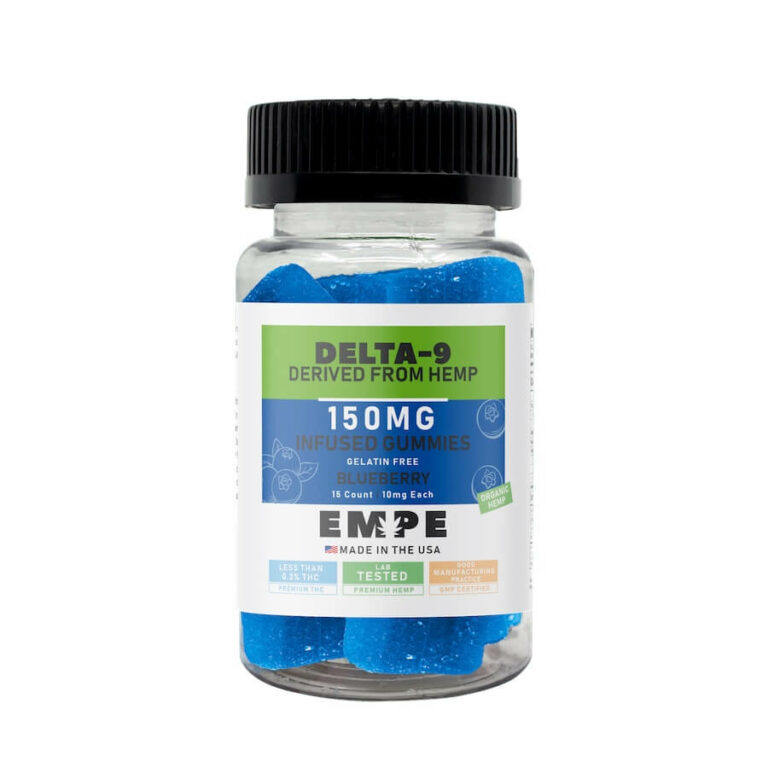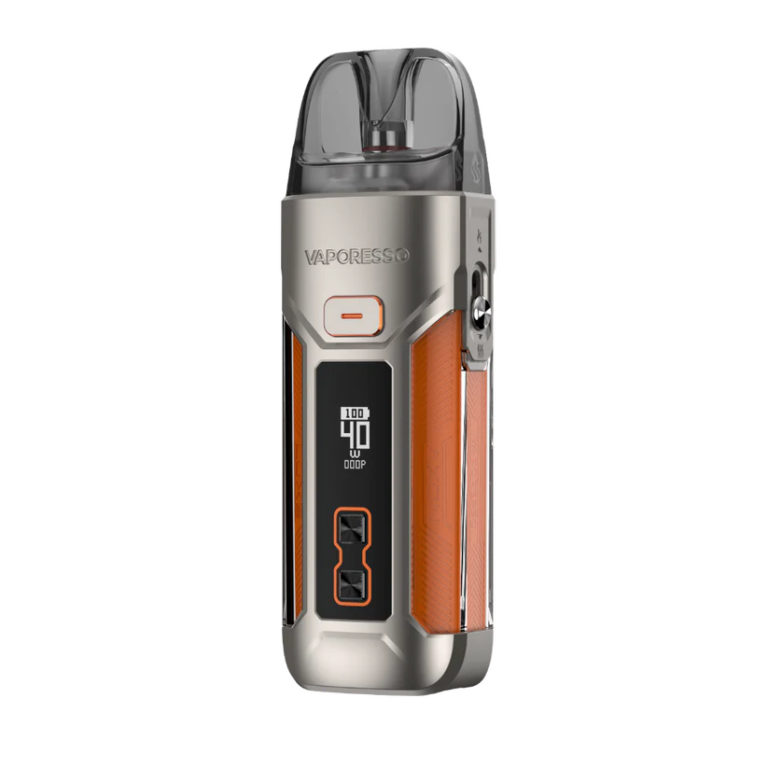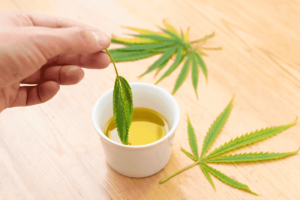CBD for Psoriasis – Does it Help?
In the early days of CBD use, people used to question the utilization of CBD for psoriasis. Today, tables have turned since a lot of research is being conducted regarding the use of CBD in various ailments. CBD is known for its soothing properties in helping conditions that involve inflammation and swelling. This is one of the reasons that it is also being considered in the skin and dermatological condition known as psoriasis.
In the following article, we will discuss the CBD options related to its anti-inflammatory properties in skin conditions such as psoriasis.
What is CBD Oil?
CBD is an active compound which is present in marijuana. CBD oil for psoriasis is usually in a carrier oil such as coconut oil which is infused with CBD. The advantage of using CBD oil for psoriasis is that it does not make a person euphoric as it is not psychoactive, unlike tetrahydrocannabinol which is responsible for a high in its users.
Usually, CBD oil comes in many forms such as bottled extract, oil-filled capsules, and liquid for vapes. CBD oil has two components; a carrier oil to deliver the active compounds to the desired area and then the CBD itself.
Understanding Psoriasis
In order to understand how CBD helps in psoriasis, it is important to know what psoriasis is and how this condition exhibits itself in the body. Psoriasis is an autoimmune disease that causes inflammation of the skin. In this condition, the cycle of skin cell growth and maturation happens at a faster rate than normal.
In people with normal skin cells, their skin cells grow to be mature cells at least once every month and then they are replaced by new younger skin cells. On the other hand, people suffering from psoriasis see this cycle repeat every other week. The culprit behind the accelerated skin cell growth cycle is the immune system. The immune system signals the body that the skin cells are unhealthy and infected and therefore they need to be replaced by new cells, this causes massive skin cell growth.
Psoriasis is a hereditary, autoimmune skin condition and is not an uncommon diagnosis in people. Experts have deemed that cortisol, a hormone produced by the body in stress, as well as improper and unbalanced diet and some environmental factors play a role in the incidence and severity of psoriasis in a person.
In developed countries, the skin conditions arising from psoriasis are prevalent in at least 4% of the population. Geographically, its prevalence is more in the northern hemisphere of Europe because of environmental factors. Interestingly, the same environmental factors cause this condition to be completely absent in some other regions.
Symptoms of Psoriasis
Apparent symptoms of psoriasis and eczema are similar. Psoriasis presents itself in a light red to pink shade with an elevated outer lining that is silver in color. In most cases of psoriasis, the skin of the scalp, elbows, and knees is affected and acquires the appearance of a dandruff-ridden scalp. In these spots, the excessive skin produced becomes thick and cracks in the form of flakes of skin that fall off. This thick skin is because of the rapid division of the skin cells because of the inflammatory response initiated by the body. Other places can be affected by psoriasis i.e. palms of hands, the skin of the back, and nails.
Psoriasis does not stop itself at the skin. In later stages, psoriasis can also take the form of arthritis and cause joints of the body to inflame. Research has shown that more than one-third of people suffering from psoriasis develop psoriatic arthritis and the joints of their extremities swell up and become painful.
Ways to help Psoriasis
There is no sure-shot way to alleviate psoriasis completely. All the options for psoriasis only address the symptoms of psoriasis to some extent and are helpful in suppressing the symptoms to a level where they do not cause a lot of discomfort to the person suffering from it. The most common option for quickly addressing psoriasis is the use of steroids, chiefly corticosteroids,which can play an anti-inflammatory role in the body. However, there are serious side-effects associated with prolonged use of steroids.
Some natural remedies which offer relief from the severe symptoms of psoriasis include increasing exposure to the sun, a healthy and balanced diet, and maintaining a lifestyle that promotes good health. Healthcare experts also advise the patients to reduce stress from their life as much as possible.
CBD or Hemp Oil for Psoriasis
CBD or hemp oil for psoriasis is suggested because of numerous beneficial properties. Most noteworthy is its anti-inflammatory action, which also helps to boost the immune response of our body. Human beings have a system of forming their own endocannabinoids, which are then used to bind with the relevant receptors to maintain and regulate many activities of the body.
A body has to be at peace and well fed so that sufficient endocannabinoids can be produced. In stress or when health is not optimal, the levels of endocannabinoids decrease. In such situations, phytocannabinoid which is extracted from the plants, can be used to make up for the lower levels. One such phytocannabinoid is hemp oil for psoriasis, which is a CBD product. The relation between CBD and psoriasis is that of bringing a mutual balance in the body.
CBD and psoriasis also go side by side as skin is also regulated by endocannabinoid system of the body. Endocannabinoid receptors of the skin can be supported by CBD oil for a skin condition such as psoriasis.
Research on cannabinoids for psoriasis symptoms
Current research on cannabinoids role in psoriasis has discovered the following possibilities:
● Affect skin cell growth
An early study published in 2007 showed that CBD has the potential to stop skin cells from growing excessively, therefore helping in psoriasis.
● Act as an anti-inflammatory
A recent study carried out to study the anti-inflammatory effect of CBD highlighted the connection between CBD’s anti-inflammatory properties and inflamed skin.
● Manage pain
Research has also pointed out the pain management properties of CBD, particularly in a condition such as psoriatic arthritis. Cannabis is mainly popular because of its soothing properties and CBD can help soothe pain from psoriatic arthritis.
There is still room for continued research on the exact effect of cannabis on psoriasis and the many ways its properties can be beneficial in addressing symptoms.
- Hemp Delta-9 By Empe-USA-Unveiling the Finest Hemp Delta-9 A Comprehensive Exploration - January 23, 2024
- Vaporesso Vaping Adventure: 10 Devices, My Personal Experience and Insights - September 14, 2023
- Find out What’s the Best CBD Oil for Psoriasis, Eczema and Similar Skin Conditions - April 24, 2023



